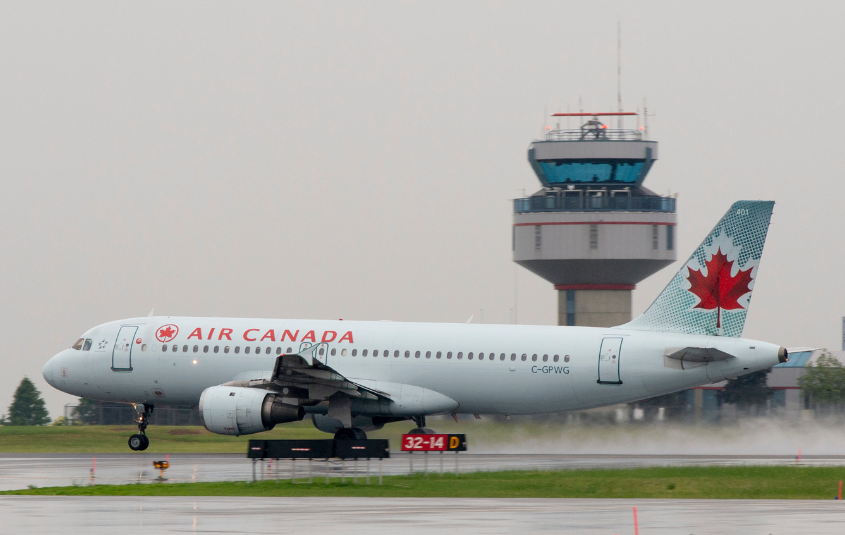Air Canada has recently made strides in enhancing the work conditions for its flight attendants, sparking a ripple effect that may influence smaller airlines to adopt similar policies. An analysis by industry expert Tufts reveals that the ground pay terms established in the Air Canada deal echo, though not exactly, the provisions found at Delta Air Lines in the U.S. Delta, known for not having unionized flight attendants, implemented a system in 2022 that compensates ground time at half of the hourly wage, capped at around 50 to 60 minutes.
Tufts commented, “It appears that the involved parties looked at this agreement… while they didn’t mirror the language, they certainly emulated the model.” This shift could encourage a broader adoption of such practices across the airline industry, particularly among budget airlines.
History of Pay Agreements Among Airlines
In the past year, American Airlines successfully negotiated pay for boarding time through a union contract for its flight attendants. In contrast, Air Transat flight attendants attempted a similar arrangement but fell short during negotiations. Tufts suggests that the recent developments may influence upcoming discussions, particularly for WestJet flight attendants, as their contract is set to expire at the end of 2025. “This represents a global campaign involving various airlines, indicating that such adjustments have long been overdue,” Tufts stated.
Government Action and Ongoing Investigations
On Monday, Jobs Minister Patty Hajdu announced an investigation into allegations of unpaid work in the airline sector, calling the concerns “deeply disturbing.” If the inquiry substantiates these claims, legislation could follow to eliminate any existing loopholes in pay practices. Hajdu’s swift action underscores a growing scrutiny in labor practices within the airline industry.
Recent Strike and Resumption of Services
Air Canada’s flight attendants initiated a strike last Saturday, prompting Hajdu to intervene less than 12 hours later by invoking Section 107 of the Canada Labour Code. This move forced the airline and union into binding arbitration, leading the Canada Industrial Relations Board to mandate that the attendants return to work by Sunday. Despite the board’s ruling, union officials initially chose to continue the strike, resulting in a declaration that the strike was unlawful. However, negotiations resumed between the airline and the union, ultimately culminating in a tentative agreement.
Service Restoration Timelines
Following the resolution of the strike, Air Canada quickly resumed operations, announcing that most domestic and international flights would be back on track within days. According to an online service resumption dashboard, 98% of domestic flights and 99% of U.S. flights were scheduled for operation in the following 24 hours. International flights are also set to see a swift recovery, with 94% expected to take place.
An anticipated timeline for service normalization spans up to 10 days for both Air Canada and its subsidiary, Air Canada Rouge. In response to the disruptions, the airline has rolled out a reimbursement policy for customers who had to secure alternate means of transportation due to cancellations occurring between August 15 and August 23. Additionally, the policy covers reasonable expenses incurred, such as accommodation and meals.
Such proactive measures signal Air Canada’s commitment to improving not just its operational stability but also the working conditions of its flight attendants, reflecting a growing trend toward better employee rights within the airline industry.


